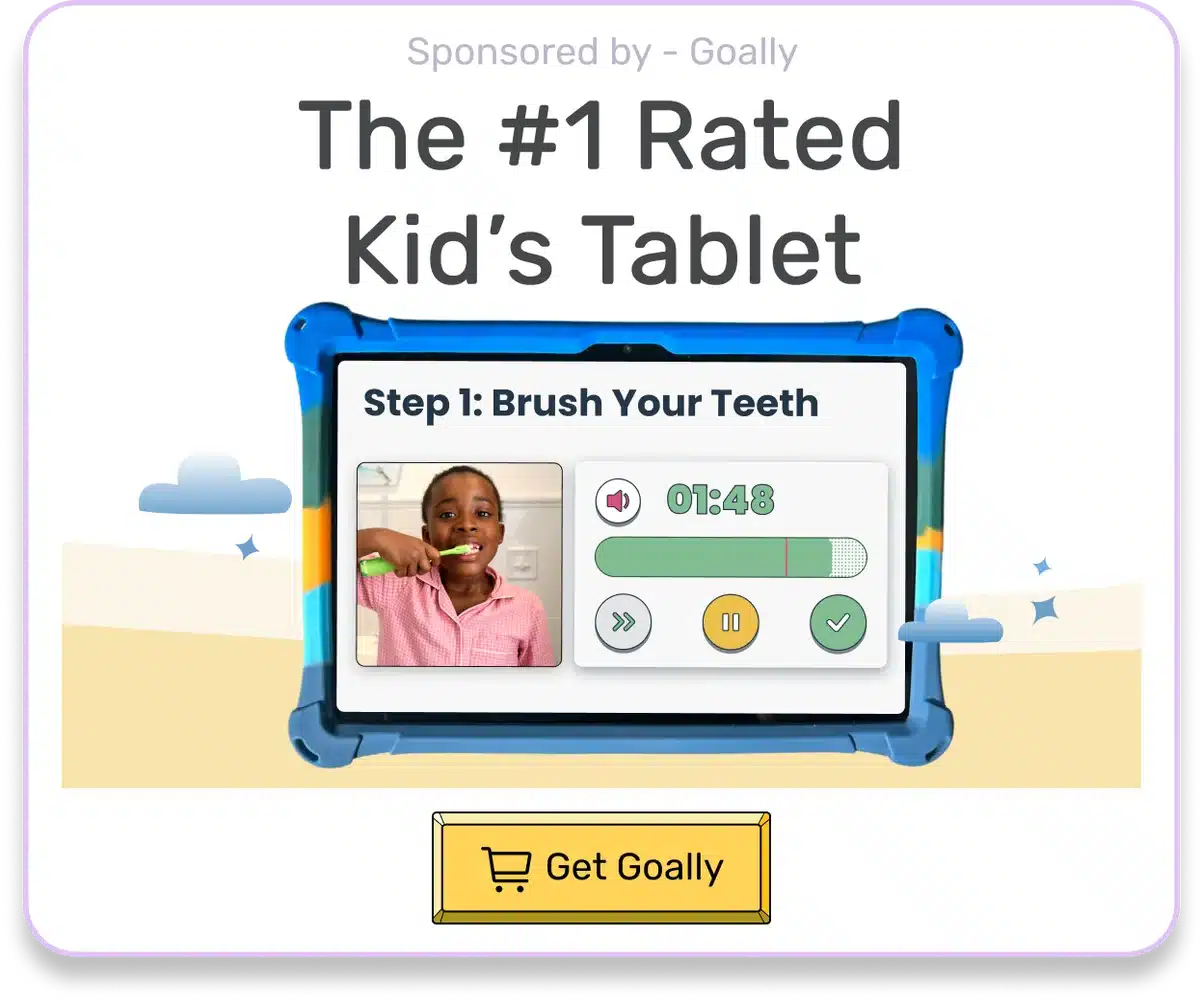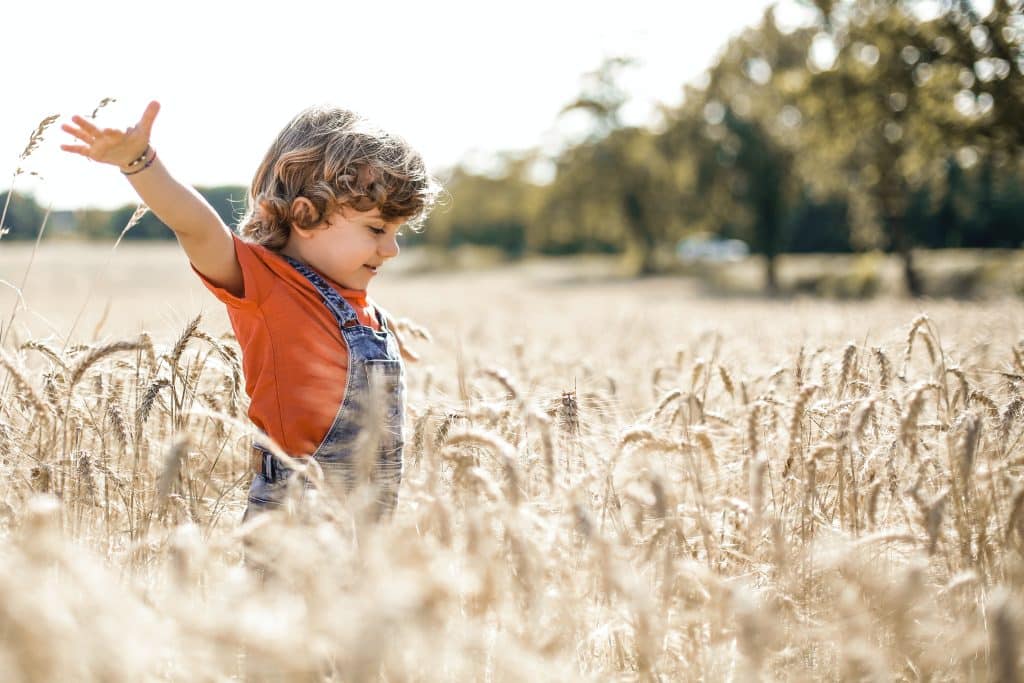You know that moment when you’re at a bustling playground and see your child cringing at the cacophony of children’s laughter, the screeching of the swings, and the blaring music from the ice cream truck? You may have wondered, “Is my child just sensitive, or could there be more to it?” Well, you’re not alone in this journey. Many parents are asking the same question: “Is HSP neurodivergent?” Simply put, a compassionate person (HSP) is considered neurodivergent. The term “HSP” was first introduced by Dr. Elaine Aron in the 1990s to describe sensory processing sensitivity (SPS), a neurodivergence characterized by a heightened sensitivity to physical, emotional, or social stimuli in the central nervous system. In this blog post, we’ll delve deeper into what it means to be an HSP, how it’s related to neurodivergence, and how understanding this can help you support your child better. So, let’s get started on this enlightening journey.
Table of Contents
Understanding HSP and Neurodivergence
When we ask, “Is HSP neurodivergent?” we’re delving into two distinct but interrelated concepts. Firstly, being an HSP, or Highly Sensitive Person, means that you or your kid experiences the world more intensely. The rustling of leaves might sound like a roar, a soft touch could feel like a poke and a casual remark might seem deeply personal. It’s like living in high-definition all the time.
On the other hand, neurodivergence refers to variations in the human brain regarding sociability, learning, attention, mood, and other mental functions. It’s a broad term that includes conditions like autism, ADHD, dyslexia, and, yes, being highly sensitive. So, to clarify, being an HSP is a form of neurodivergence.
Goally | The Safest Tablet for Kids

High Sensitivity vs. Other Neurodivergent Conditions
Many kids who are classified as HSP may also be neurodivergent, have conditions like anxiety or have sensory processing disorders. However, being highly sensitive is not the same as having neurodivergence conditions like autism or ADHD. People can be HSP without being Autistic or ADHD. This is an important distinction, as each condition requires different approaches and strategies for support.
For instance, while a child with autism might struggle with social interactions, a susceptible child might be overwhelmed by them. Similarly, a child with ADHD might have difficulty focusing. In contrast, a susceptible child might be distracted by the intensity of their surroundings. In other words, while there’s overlap, the experiences and needs of susceptible kids and those with other neurodivergent conditions can be quite different.

Read more: Does Your Child Have Sensory Sensitivities?
Supporting Your Highly Sensitive Child
Understanding that your child’s high sensitivity is a form of neurodivergence can be a game-changer. It means that their intense experiences aren’t just a phase they’ll grow out of but a fundamental part of who they are. And most importantly, it’s not something that needs to be fixed or cured.
Instead, the goal should be to support your susceptible child in navigating an overwhelming world. This might mean creating quiet spaces in your home where they can retreat when things get too much, teaching them coping strategies like deep breathing or mindfulness, and advocating for their needs in school and other social settings.
High Sensitivity: A Gift, Not a Curse
While being highly sensitive can present challenges, it’s also a gift. Susceptible kids are often deeply empathetic, creative, and wise — qualities that can enrich their lives and the lives of those around them. So, while it’s important to support them in managing the challenges of high sensitivity, it’s equally important to celebrate their unique strengths.
Understanding and accepting your child’s high sensitivity can strengthen your relationship with them. It can help you see the world through their eyes, appreciate their unique perspective, and support them in ways that meet their needs. And that is one of the most rewarding aspects of parenting a susceptible child.

Embracing High Sensitivity
Being a compassionate person is indeed a form of neurodivergence. Understanding this can help us better support our susceptible kids as parents. We can create environments that respect their sensitivity, teach them strategies to manage overwhelming situations, and, most importantly, celebrate their unique gifts. It’s about embracing their high sensitivity, not as a challenge to overcome but as an integral part of who they are. By doing so, we enrich their lives and our own, opening up a world of depth, empathy, and understanding that we might otherwise miss.
FAQs About if HSP Is Neurodivergent
What is HSP? Highly Sensitive Persons (HSPs) are individuals who have a heightened sensory and emotional response to their environment, often processing information more deeply than others.
How can I support a highly sensitive child? You can support a highly sensitive child by creating a calm and soothing environment, encouraging self-expression, teaching coping skills, and offering understanding and patience.
What does neurodivergent mean? Neurodivergent refers to individuals who have thinking and learning differences such as ADHD, autism, and dyslexia, marking a variance from conventional societal expectations of 'normal' brain function.
What is the purpose of tools like visual schedules and emotional regulation apps? Visual schedules and emotional regulation apps help children, especially those who are neurodivergent, to establish routines, manage emotions, and build essential life skills.
How can Goally help my neurodivergent child? Goally offers a learning tablet and apps to assist neurodivergent kids by providing customizable routines, visual and auditory prompts, and positive reinforcement to build independence and life skills.
This post was originally published on 04/20/2023. It was updated on 02/12/2024.

Goally
We help parents teach their kids life skills, like doing bedtime and morning independently. Backed by science, we incorporate evidence-based practices and expert-informed designs in all of our apps and content.






